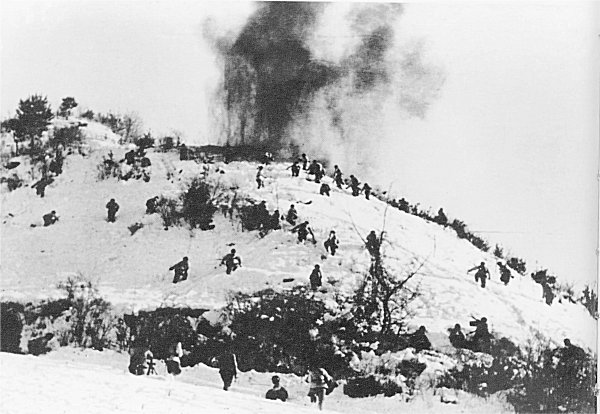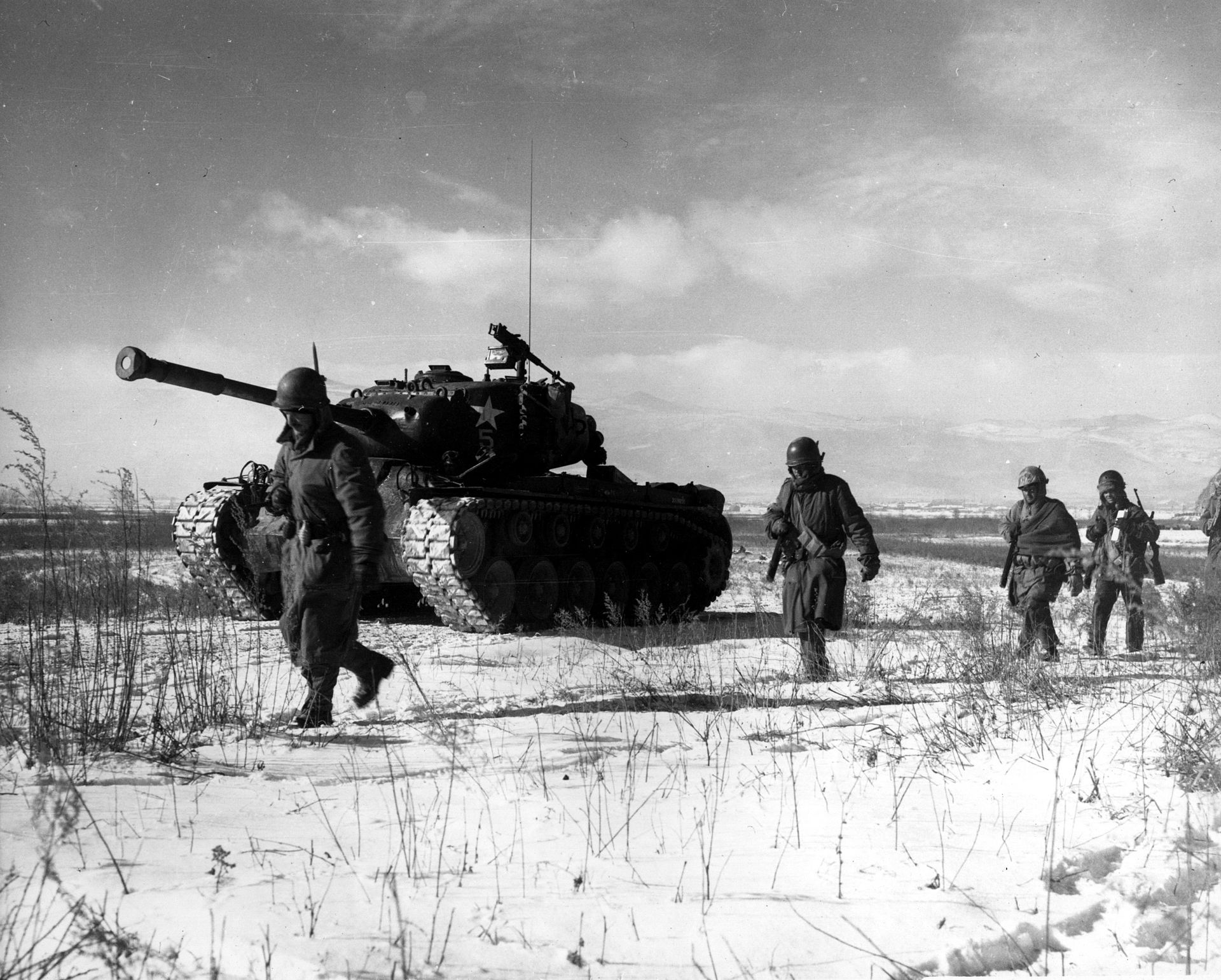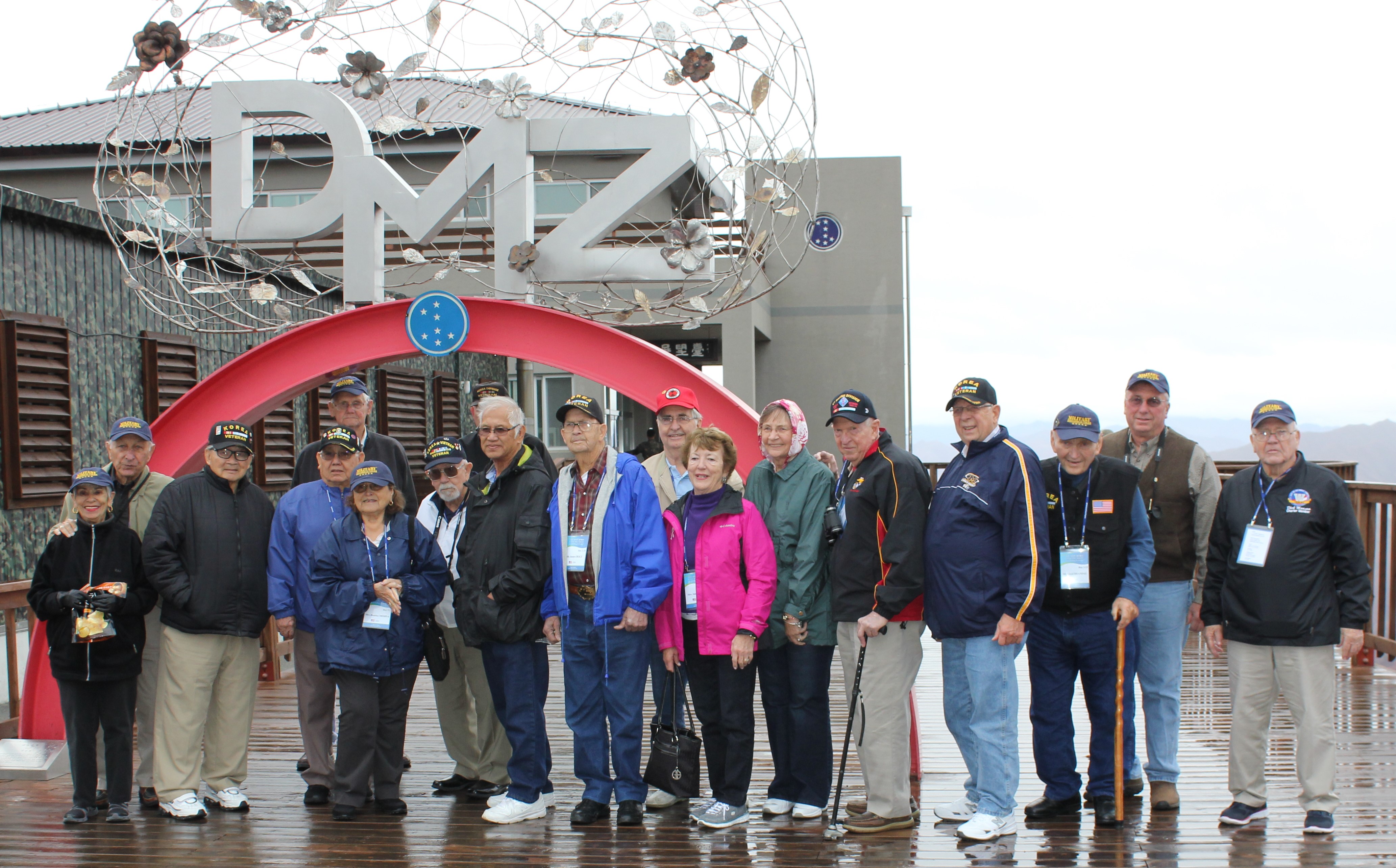Blog 11/25/2020 - Korean War - 2nd Phase
MHT Blog November 25, 2020 - Korean War – Second Phase Offensive
The Communist Chinese Army Fully Enters the War
The Communist Chinese Army (CCA) had first engaged UN Forces on 25 October at the Battle of Onjong, about 53 miles south of the Yalu River. This battle heralded the opening of what China called the First Phase Offensive which would last until 6 November. Marshal Peng Dehuai, the Chinese commander, ended the First Phase Offensive because his soldiers were tired and lacked food and munitions but had quickly found the weakness of the Republic of Korea (ROK) units.

Marshal Peng's strategy for the Second Phase Offensive was to lure the UN forces into advancing as far north as possible towards the Yalu into a trap with Chinese forces positioned on all sides of them. That strategy would shorten the supply lines of the logistics-challenged Chinese forces that had to move most supplies by man and disperse the UN advancing forces over a wider front. The Chinese would be familiar with the territory and the UN transportation and supply lifelines for their artillery would be longer and more vulnerable to attack by guerrillas. Peng reasoned that if the CCA forces could destroy two or three UN Divisions, the character of the war would change the momentum to the China and North Korea Armies.

Nine Chinese armies and 30 divisions were in North Korea when the Second Phase Offensive began on 25 November. The total number of CCA soldiers has been estimated at upwards of 300,000. Few North Korean soldiers were involved in the offensive. Eighteen divisions were allocated for the western offensive, the Battle of the Ch'ongch'on River against the 8th Army while 12 divisions were allocated for the eastern offensive against the X Corps, the Battle of Chosin Reservoir and the destruction of the 1st Marine Division.

This ended General MacArthur’s Home-by-Christmas UN Offensive in its tracks and would ensure the war would continue for another 3 years. As Author and Historian David Halberstam stated, "Rarely has so large an army had such an element of surprise against its adversary. The Americans on the west coast...were essentially blind to the trap they had walked into." Korean War (miltours.com)
